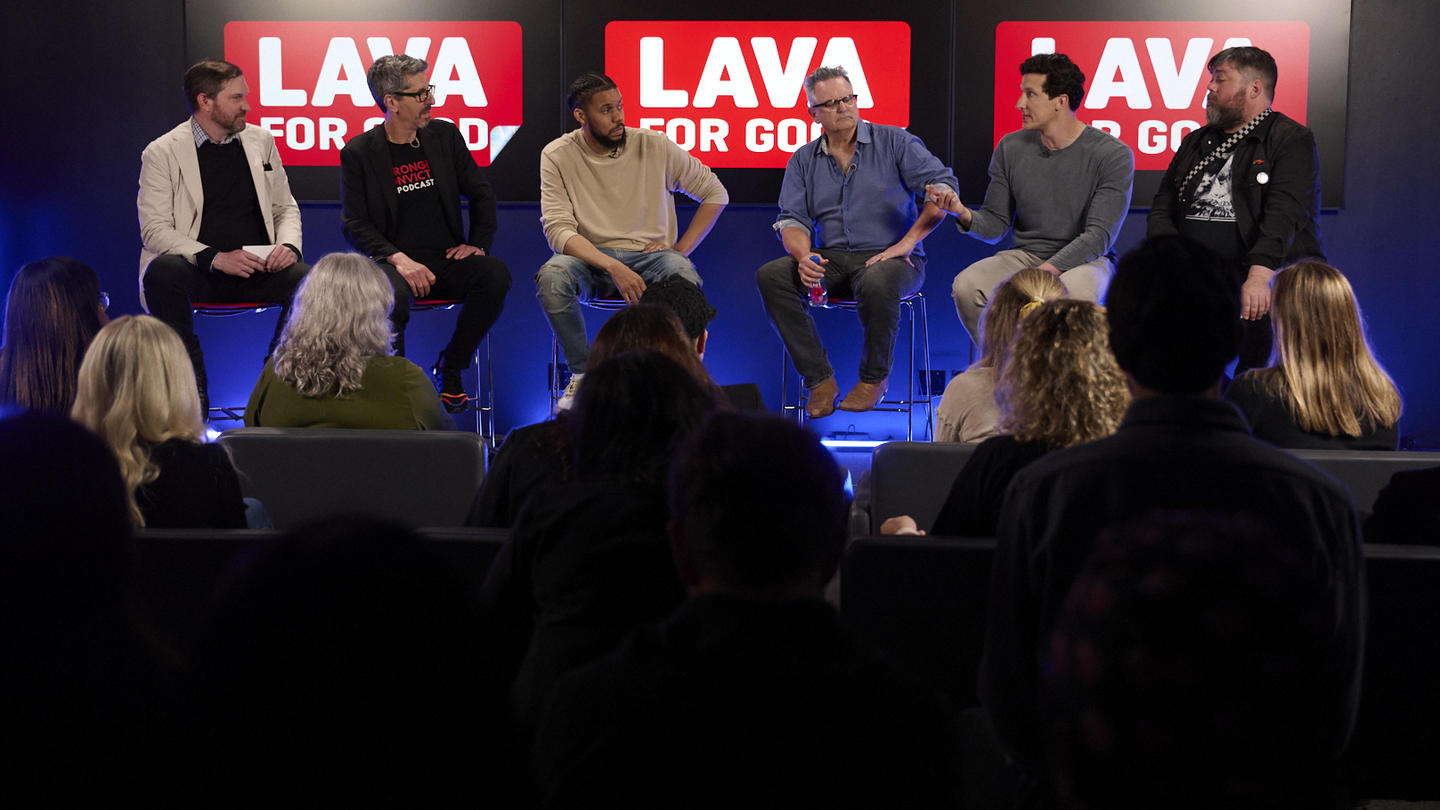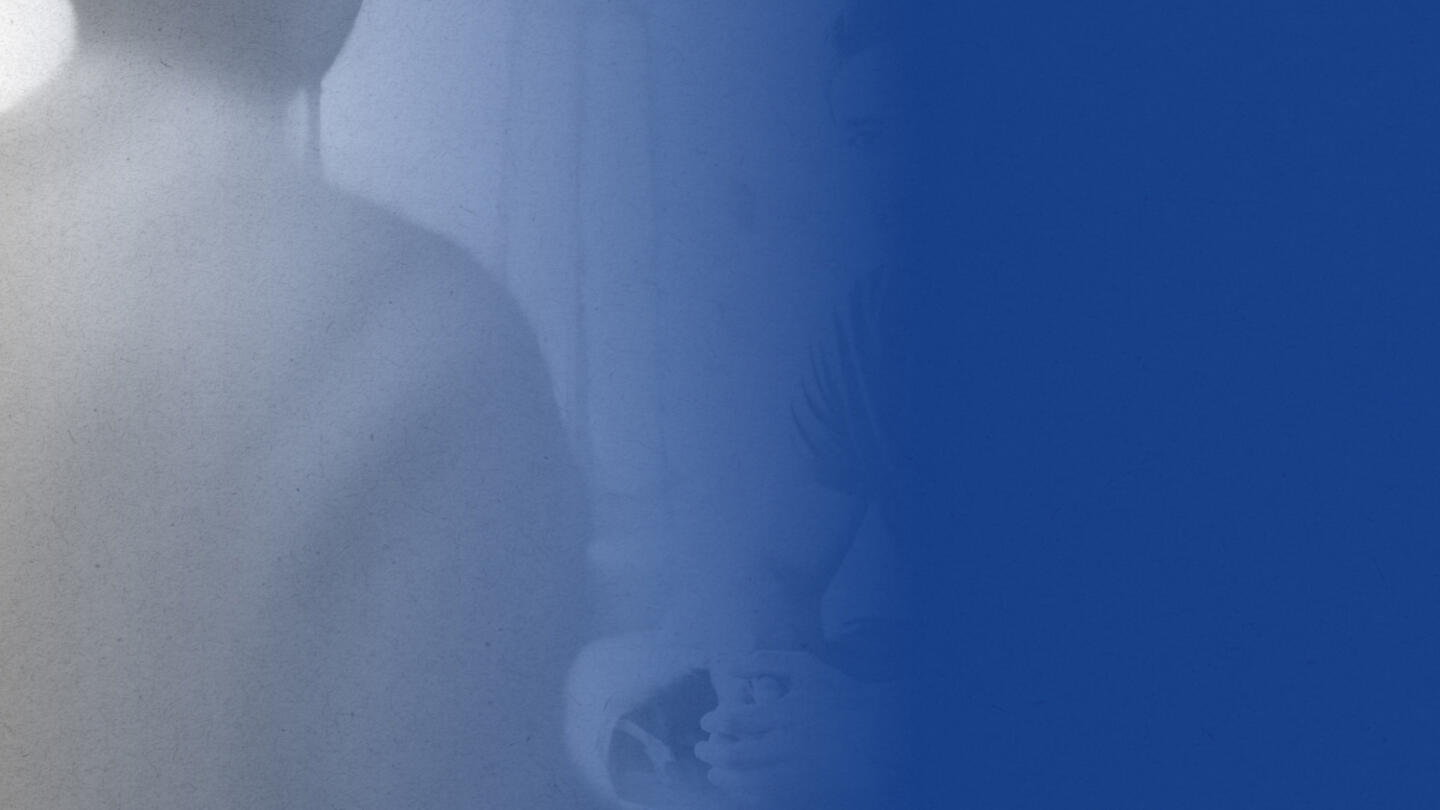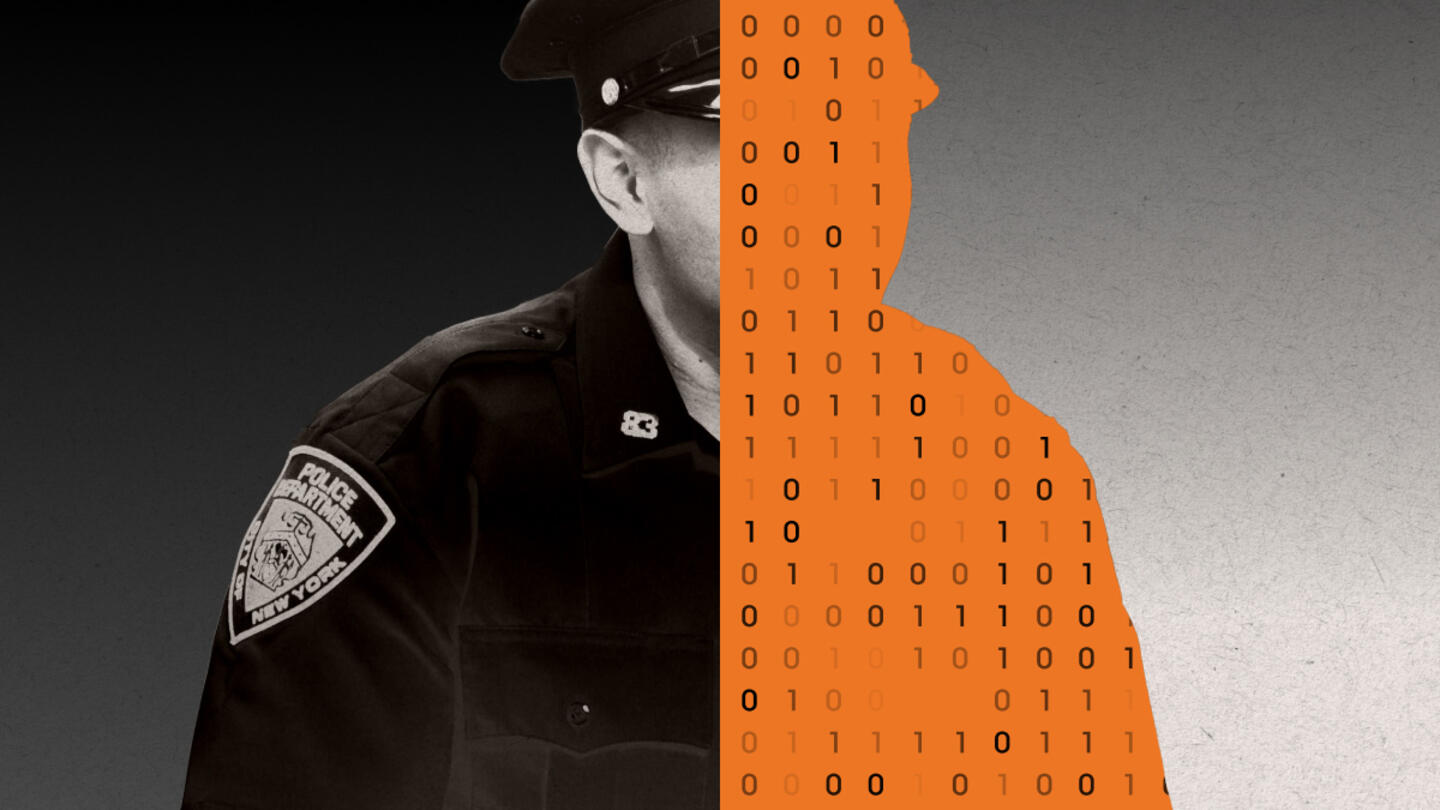Last week, the hosts of several criminal justice-oriented podcasts gathered for a live panel discussion in downtown Atlanta, during which they shared their expertise and discussed some of the most pressing issues facing the system.
The shows
Each of the shows in attendance focuses on a unique aspect, or storyline, within the criminal justice system.
Wrongful Conviction, hosted by Jason Flom, examines "a legal system gone wrong." Each episode takes a deep dive into the story of someone who has been incarcerated for a crime they maintain they did not commit and includes expert legal commentary on the case.
Bone Valley, hosted by Pulitzer Prize-winning author Gilbert King, explores the singular case of Leo Schofield, a man convicted of murdering his wife in the 1980s. In 2017, another man confessed to the murder of Schofield's wife, a confession that coincided with the discovery of new supporting forensic evidence. Still, Schofield – who has now been incarcerated for more than 30 years – has been repeatedly denied a new trial. He continues to fight to clear his name.
Lastly, in The War on Drugs, comedian Clayton English and criminal justice reform expert Greg Glod expose the lasting repercussions of five decades of "The War on Drugs," from stunted economic growth to perpetual cycles of crime and addiction. The podcast demonstrates how the failed policies of "The War on Drugs" continue to permeate our lives to this day – often in ways we may not realize.
What's the connection?
Although these shows each focus on their own distinct topics, they are joined together by a common thread – they all reveal the consequences of a justice system that has overextended beyond its core purpose.
Greg Glod, co-host of The War on Drugs and Senior Fellow of Criminal Justice at Americans for Prosperity, discussed this link during the panel. In his view, "perverse incentives" have warped the purpose of the system, which should be to increase public safety and ensure those who have committed a crime do not do so again. The drug war has not only failed on both accounts, its "perverse incentives" have exacerbated existing flaws in the system.
Incentives, such as increased revenue generated through fines, fees, forfeitures, and grants, often motivate law enforcement to focus on drug arrests. At the same time, prosecutors are incentivized to have high conviction rates to obtain prestige and career advancement. Unfortunately, it's the quantity, not the quality, of these convictions that matters.
So it is not uncommon for higher-level – often more dangerous – individuals in a criminal organization to negotiate lesser punishments by "flipping" or informing on those at a lower level who tend to have less information to bargain with, less understanding of the legal system, and less sophisticated representation. The results is more of a focus on reaching quotas than public safety.
This is demonstrated by the case of Edwin Rubis, who was interviewed by Glod and English on The War on Drugs. Rubis is serving a 40-year sentence in federal prison for conspiracy to distribute 2,200 pounds of marijuana.
A couple of years prior to his arrest, Rubis was transporting marijuana for a criminal organization to which he was indebted due to his own drug addiction. A year and a half after repaying his debt in full, Rubis was getting his life back on track and trying to honestly provide for his children. One morning out of the blue, federal agents searched his house. They arrested Rubis even though no drugs or guns were ever found.
As it turns out, senior people in the conspiracy had been arrested and had informed on Rubis in a bid to reduce their own sentences. Rubis, who had no information to offer prosecutors, went to trial and received the harshest punishment. He took the fall for all of the drugs in the criminal organization, even though he was only a minor player for a short period of time.
While the leaders of the organization are now out of prison, Edwin Rubis still has nine years to go.
A similar phenomenon is evident in wrongful conviction cases, particularly that of Leo Schofield explored in Bone Valley. As the podcast explains, fingerprints belonging to Jeremy Scott, who is currently in prison for another murder, were found in the car that Leo's wife, Michelle, was murdered in. But this was only discovered after Leo had already been convicted.
Scott later confessed to the killing multiple times. If investigators and prosecutors had been more focused on getting justice for Michelle by finding the right killer, rather than pinning the blame on Leo in order to rack up a conviction, this evidence might have been uncovered sooner -- and an innocent man might have been spared a life behind bars.
Once again, poor incentives within our justice system resulted in an unjust outcome. Tainted incentives are particularly bad for public safety because they pull the focus of the system away from protecting life, liberty, and property. To stem violent crime, we must get rid of perverse incentives within the system, implement evidence-based solutions, work with communities instead of against them, and focus police resources on serious crimes rather than issues like addiction or mental illness that can be more effectively treated through the lens of treatment rather than incarceration.
Bridging the gap
Stand Together is a proud sponsor of both Bone Valley and The War on Drugs, two shows that shine a light on issues that don't always get public attention and reveal the flawed incentives in our justice system that are making communities less safe.
The human stories they tell also demonstrate that improving the criminal justice system does not have to be a divisive or partisan issue. Promoting public safety, keeping families together, providing adequate treatment for people with addiction issues, and treating everyone with dignity are things we can all agree on.
To make lasting change for people like Leo Schofield, we will need to come together.
Learn more about Stand Together's criminal justice reform efforts.




